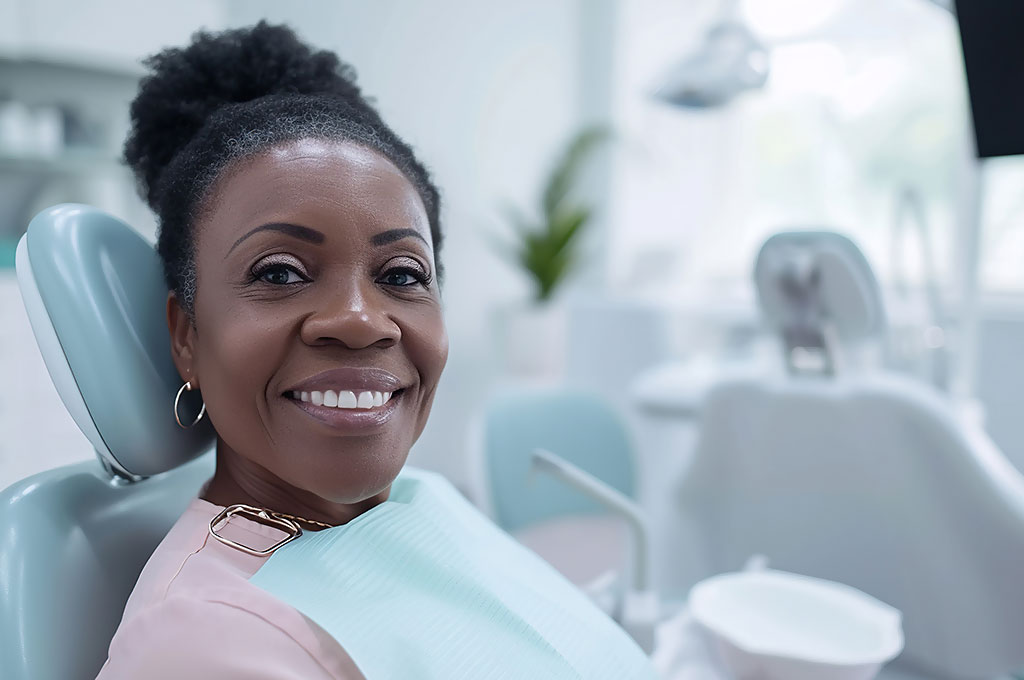Nitrous Sedation
If you are a little nervous about your appointment and need help relaxing ask us about our Nitrous Oxide (laughing gas) sedation. This is a very light form of sedation designed to help take off the edge and let you relax. The benefit is once the procedure is done you need no driver and can resume your regular daily activities.
Nitrous Oxide (laughing gas) sedation, is a very light form of sedation designed to help take off the edge and let you relax. The benefit is once the procedure is done you need no driver and can resume your regular daily activities.
During the procedure you will wear a mask so that you can breath in both air and nitrous oxide. You will be fully conscious and able to respond to commands by the provider.
Oral Conscious Sedation
If you are a little more than anxious and have an extreme fear of needles, then oral conscious sedation might be your preferred choice. There is no need for an IV, however you will need a driver and should plan to take the entire day off to rest and recover. This form of sedation is not as predictable and often requires a longer appointment.
Though Oral Conscious Sedation requires no needles to start an IV, it still can produce a moderate form of sedation. Therefore, it is necessary for you to have a driver, and restrict your activities for 24 hrs. It is important to not eat or drink for 8 hrs prior to your appointment and abstain from caffeine and sugar. The level of sedation is not as predictable with Oral Sedation as it depends on your body’s metabolism so your appointment might last longer while waiting for sedation to take place.
IV Sedation
IV stands for intravenous. IV sedation medication is delivered through a very small needle placed in the back of your hand or within your inner elbow. Because of its rapid and controllable effect, many patients prefer this relaxation option. Many patients have minimal to no memory of the actual appointment.
What are the benefits of IV sedation?
“ I thought you were going to put me to sleep.” Just like other forms of sedation dentistry, IV sedation will relax you and make you completely comfortable. The goal of IV sedation is to induce a state of profound relaxation-not loss of consciousness. If you have a bad gag reflex or difficulty sitting in a dental chair for long periods, IV sedation will help you with that, as well. You’ll be so relaxed that you may be unaware of the sights, smells, and sounds of the dental office, but still able to respond to verbal cues from the dentist. Patients remember little to nothing of their appointment by the next day.
IV sedation gives your dentist optimum control of the amount of medication administered – your level of sedation can be increased or decreased quickly and comfortably.
Am I a good candidate for IV sedation?
During your first appointment, the dentist will gather a complete health history, evaluate your needs, perform a preliminary oral exam, and explain the recommended procedures.
It’s critical to tell your dentist about all medications and supplements you take so they can check for any potential drug interactions with the sedation medications. Safety always comes first. Your dentist will have you fill out paperwork giving your consent for treatment, answer any questions, and issue pre-appointment instructions and/or medications. He or she may also contact your doctor(s) to ensure that you’re a good candidate for the type of treatment being proposed.
What will my actual treatment appointment be like?
You should not eat or drink anything eight hours before your IV sedation appointment, and a companion is required to take you to and from the dental office. The dentist will monitor your blood pressure, heart rate and rhythm, oxygen level, and pulse throughout the appointment. Upon administration of the IV medication, you will quickly begin to feel relaxed and at ease.
There is no set amount of recovery time, because every patient is different. Many patients begin to feel more alert soon after the IV medication is stopped; however, you should not drive or operate heavy machinery for at least 24 hours after the end of your appointment.


